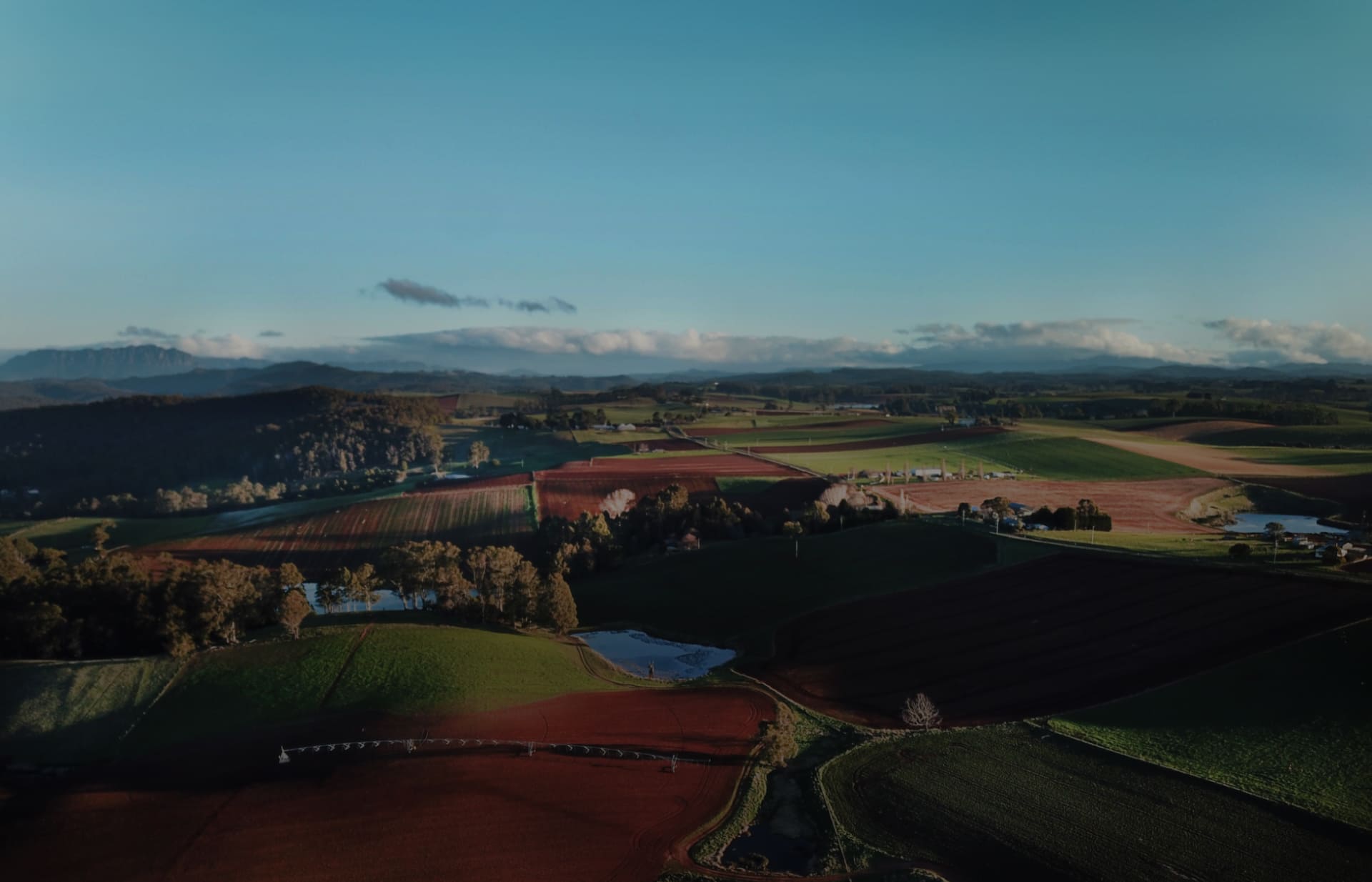Learning about Tomato Potato Psyllid (TPP) in Tasmania
Fresh Vegetables: A Full Year in Review – 2025
Pest Monitoring Network – Tasmania Opt-in
Vegalogue #44 – R&D: 2026 Nuffield Scholar Yumeng Chen
Horticultural Statistics Handbook 2024-27
Global Scan: Stemphylium leaf blight in onions
Maximising Carrot Packout
Biosecurity preparedness and strategy for the potato industry
This project will review and update the Biosecurity Plan for the Australian potato industry, ensuring it accurately reflects current and emerging exotic pest threats. Led by Plant Health Australia (PHA) in collaboration with AUSVEG and key industry stakeholders, the project will deliver a new Biosecurity Plan (version 4.0) and a practical Biosecurity Action Plan. These documents will provide a framework for identifying, prioritising, and managing biosecurity risks, guiding future investment in research, diagnostics, and industry communications.
The project’s outputs will help the potato industry and government agencies plan and implement effective biosecurity activities, strengthen preparedness and resilience, and safeguard production and market access against exotic pest threats.

